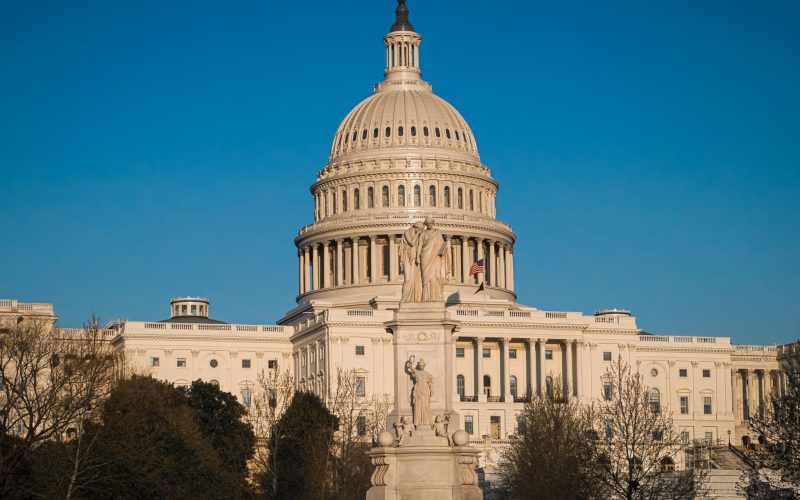Introduction: In a democratic society, the foundation of fair representation lies in inclusive elections that grant every citizen equal voting opportunities. However, for many marginalized groups, exercising this fundamental right has been hindered by various barriers. This article explores the ways in which governments can enhance inclusivity in elections, ensuring that all citizens can actively participate in shaping their future.
- Accessible Voting Locations: To foster inclusivity, governments must prioritize providing accessible voting locations for all citizens. This includes ensuring physical accessibility for individuals with disabilities, such as ramps, elevators, and Braille voting materials. Additionally, proactive measures should be taken to address language barriers by offering translated materials and interpreters, especially in regions with diverse populations.
- Voter Education and Outreach: A crucial aspect of inclusive elections is educating citizens about their voting rights and the electoral process. Governments should invest in comprehensive voter education campaigns to reach marginalized communities and provide clear information on registration, polling locations, and available accommodations. Collaborations with community organizations can help bridge information gaps and increase engagement among underrepresented groups.
- Expanding Voting Methods: Traditional polling stations may not always be the most accessible or convenient option for everyone. Governments should explore alternative voting methods, such as early voting, mail-in ballots, and electronic voting systems. These approaches can empower individuals facing mobility challenges, remote populations, and those unable to visit physical polling stations due to work or caregiving responsibilities.
- Addressing Voter Suppression: To ensure equal voting opportunities, governments must actively confront voter suppression tactics. They should enforce strict regulations against discriminatory practices, such as gerrymandering, voter ID laws that disproportionately affect marginalized communities, or voter purges based on inaccurate data. Independent oversight bodies can play a crucial role in safeguarding the integrity of the electoral process.
- Increasing Representation: Inclusive elections not only provide equal voting opportunities but also strive to reflect the diversity of the population in elected bodies. Governments should consider implementing measures such as affirmative action or quotas to promote the inclusion of underrepresented groups in political decision-making. This can lead to policies that better address the needs and concerns of all citizens.
Opinion: Ensuring inclusive elections is not only a moral imperative but also a vital step toward a more robust democracy. By removing barriers and expanding access, governments can empower marginalized communities and amplify their voices in shaping public policies. When every citizen has an equal opportunity to vote, the true essence of democracy is realized.
Conclusion: Governments have a critical role to play in fostering inclusive elections that provide equal voting opportunities for all citizens. By prioritizing accessible voting locations, voter education, alternative voting methods, and combating voter suppression, governments can ensure that every voice is heard. Embracing diversity and representation in elected bodies is a significant step toward a more inclusive and thriving democracy. It is only by nurturing and protecting the right to vote that we can build a society that truly represents and serves all its members.












